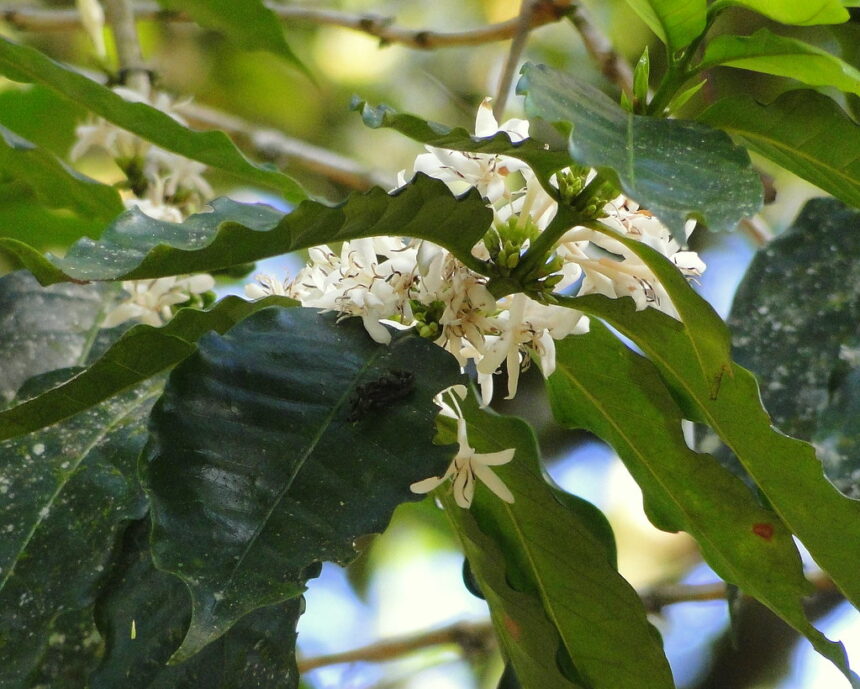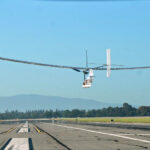On Friday, coffee prices rose sharply to their highest level in nearly 47 years due to fears of supply disruptions.
Arabica coffee futures reached a record high of 335c per pound last Friday, marking an increase of 75% this year.
Carsten Fritsch is a commodity analyst with Commerzbank AG. He said, “This makes coffee second most expensive among the commodities we track this year after cocoa.”
Costs for consumers, roasters and retailers have increased due to the sharp increase in prices.
Albert Scalla is the Senior Vice President for Trading at StoneX. He told Coffee Intelligence that coffee prices had risen dramatically in just three weeks. This has created major challenges to the supply chain.
The financial pressures on traders who hold coffee inventories and hedge against changes in price using futures contracts are increasing. In order to maintain their ‘hedged positions’ as prices increase, traders must deposit extra funds as collateral. These are known as “margin calls.”
Prices have increased so dramatically due to fears of a severe supply shortage in the market.
Weather woes
Brazil, the world’s biggest coffee producer, was hit by a long-lasting drought and a heatwave that severely affected plantations. The resulting reduced production has affected the upcoming season.
StoneX estimates that the Brazilian coffee production is expected to drop 0.5%, to 65.6 millions bags in 2025-26.
According to a US agency, the production of Arabica coffee is expected to drop 10.5% to 40 millions bags.
The recent rains in Brazil have improved the flowering of plants.
There are still concerns about the possibility that the flowers could turn into cherries.
Vietnam, another major coffee producer, also experienced tough weather this year.
Finimize reports that Vietnam’s harvest has only reached 30% due to the meticulous drying process, which has led to a tight supply and increased domestic prices.
The UK-based firm said that traders expect this trend to continue due to the ongoing harvesting of crops and limited supply.
EU Deforestation Regulations and Supply Crunch
A report by Coffee Intelligence states that European roasters are rushing to stock up for the next year because of the uncertainty around the EU Deforestation Regulation.
The EUDR is an EU law that prohibits the importation and sale of deforestation-related products within the European Union.
According to data provided by the European Commission, nearly a third (33%) of coffee consumption worldwide is accounted for by the European Union.
In 2023, the EU will import around 2.7 millions tons of coffee from non EU countries.
Allegra World Coffee Portal reports that businesses who do not comply with EUDR could be fined up to 4% their coffee sales, and some producers may even lose access to the EU market.
A potential shortage of food in the EU could be severe due to this law. It would also have serious consequences for some of the poorest farmers around the world.
According to Financial Times, US coffee roasters are also coming to the global market to ensure that they do not get priced out.
Fritsch also said that reports claim that Brazilian coffee producers are holding back sales of the next crop in anticipation higher prices.
He added that “two Brazilian coffee traders have reported cash flow problems due to price increases and delivery failures. This has caused additional nervousness.”
Robusta coffee in short supply
A shortage of the Robusta variety has also caused a dramatic increase in price.
Prices of this variety reached a record high in September. This was surpassed again last week.
The current price rise is fueled by concerns about Vietnam’s harvest.
Commerzbank says that there are concerns about the size of the harvest in Vietnam – the largest producer of Robusta – which began in October due to the dry weather in the months prior and the heavy rains at the beginning of the harvest.
The German bank claims that the substitution of Arabica coffee with Robusta is only possible in a limited way for the coming season.
Fritsch, a Commerzbank representative, said that the price difference between the two types has been reduced significantly. This makes substitution difficult.
Fritsch further noted:
The fact that the coffee stocks at the ICE (Intercontinental Exchange), have risen above their previous highs of June 2022, and have tripled in value since the start of the year do not support the notion that there is a shortage.
Why are coffee prices rising? This post appeared first on ICD






